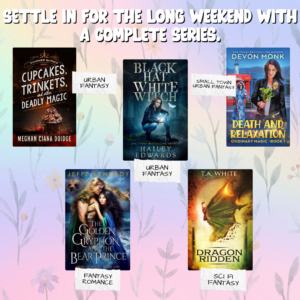Owning your process and still being open to learning from what others do to sustain productive creativity and aggressively refill the well. Some data on BookBub Featured Deals and release strategy, too.

RITA ® Award-Winning Author of Fantasy Romance
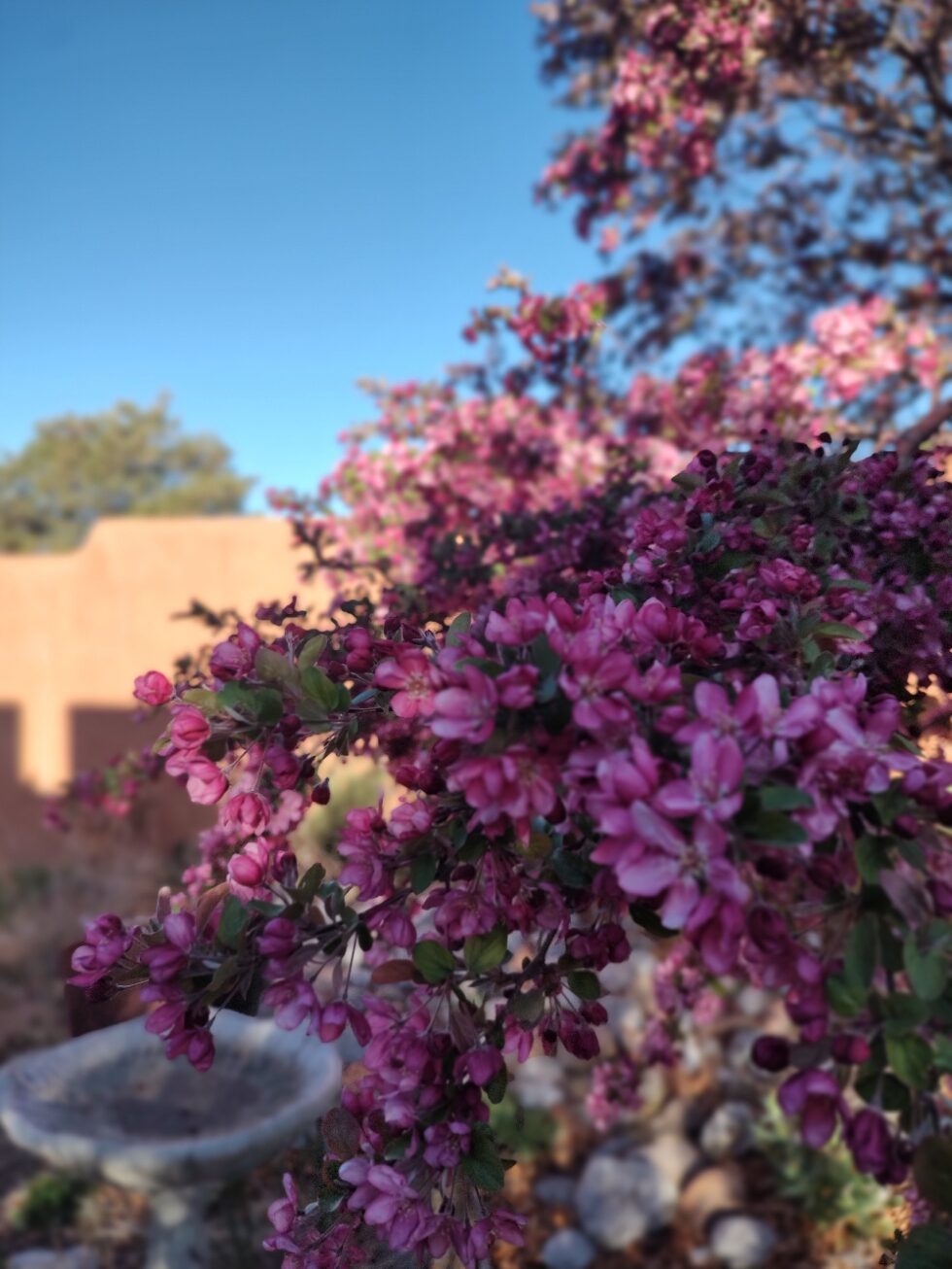
Owning your process and still being open to learning from what others do to sustain productive creativity and aggressively refill the well. Some data on BookBub Featured Deals and release strategy, too.


An update on the release of RELUCTANT WIZARD and teasing the upcoming cover reveal! A bit on how traditional publishing works. Also thoughts on Taylor Swift, being a “real” Swiftie, and why I use her to teach voice.

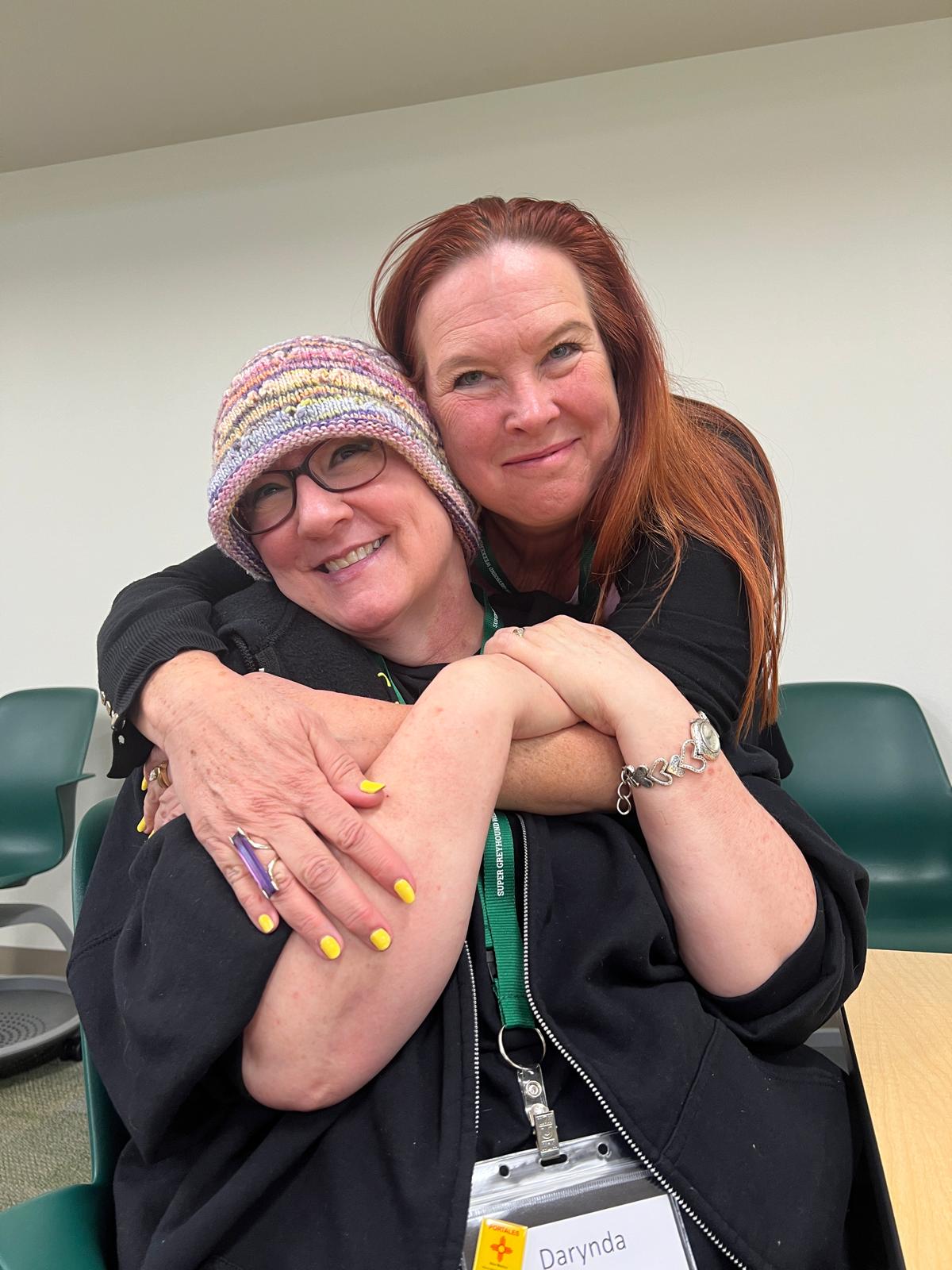
A round-up of the wonderful weekend at the Jack Williamson Lectureship, including connecting with other authors, sharing advice and stories, and how all of that refills the creative well.
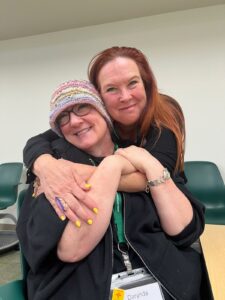
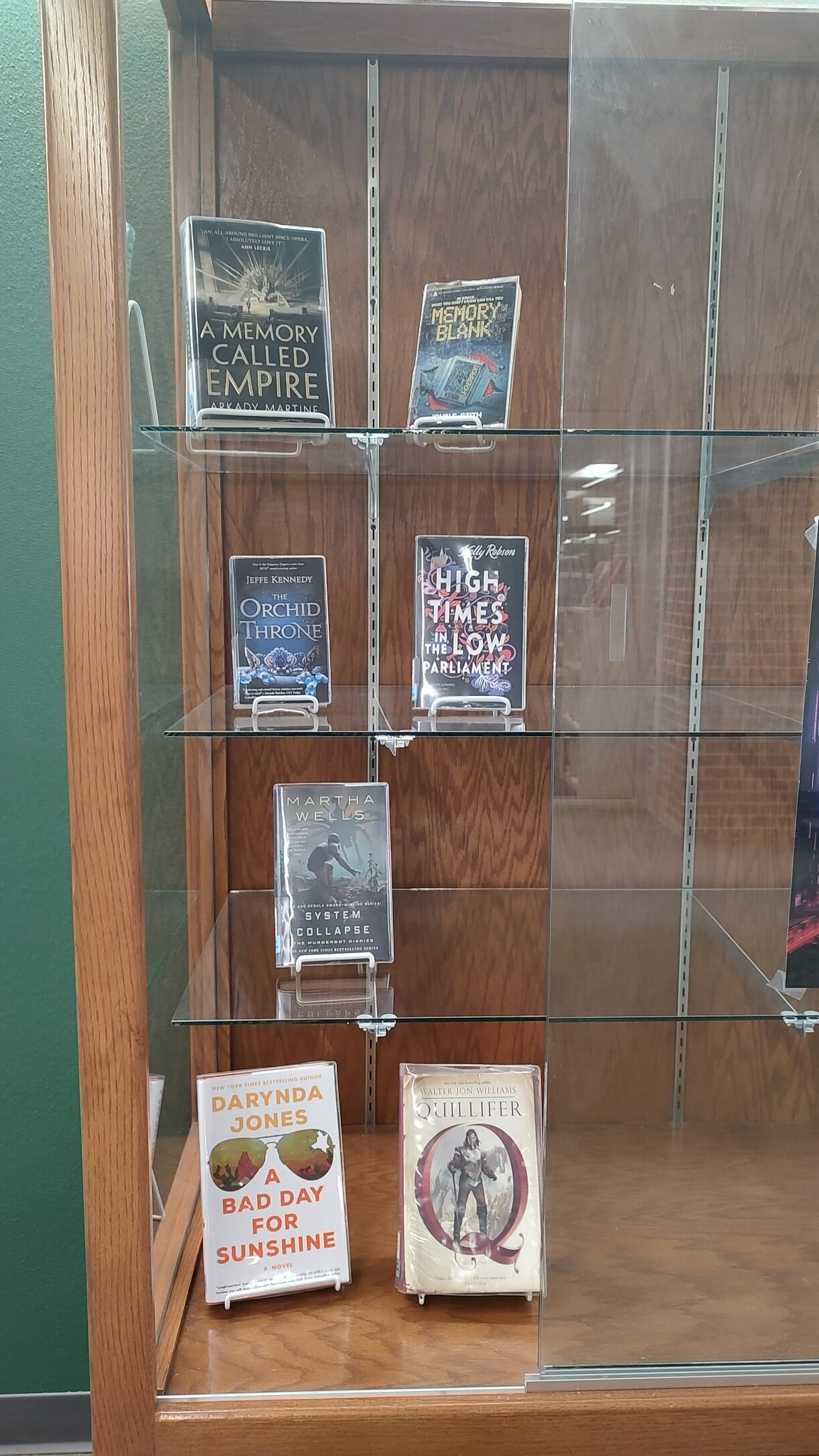
A special podcast today with fabulous author of fantasy, science fiction, and horror: Kelly Robson! We talk about the definition of fantasy vs. other SFF genres, tone, theme, choosing subgenre, and the difference between writing novels and shorter works.

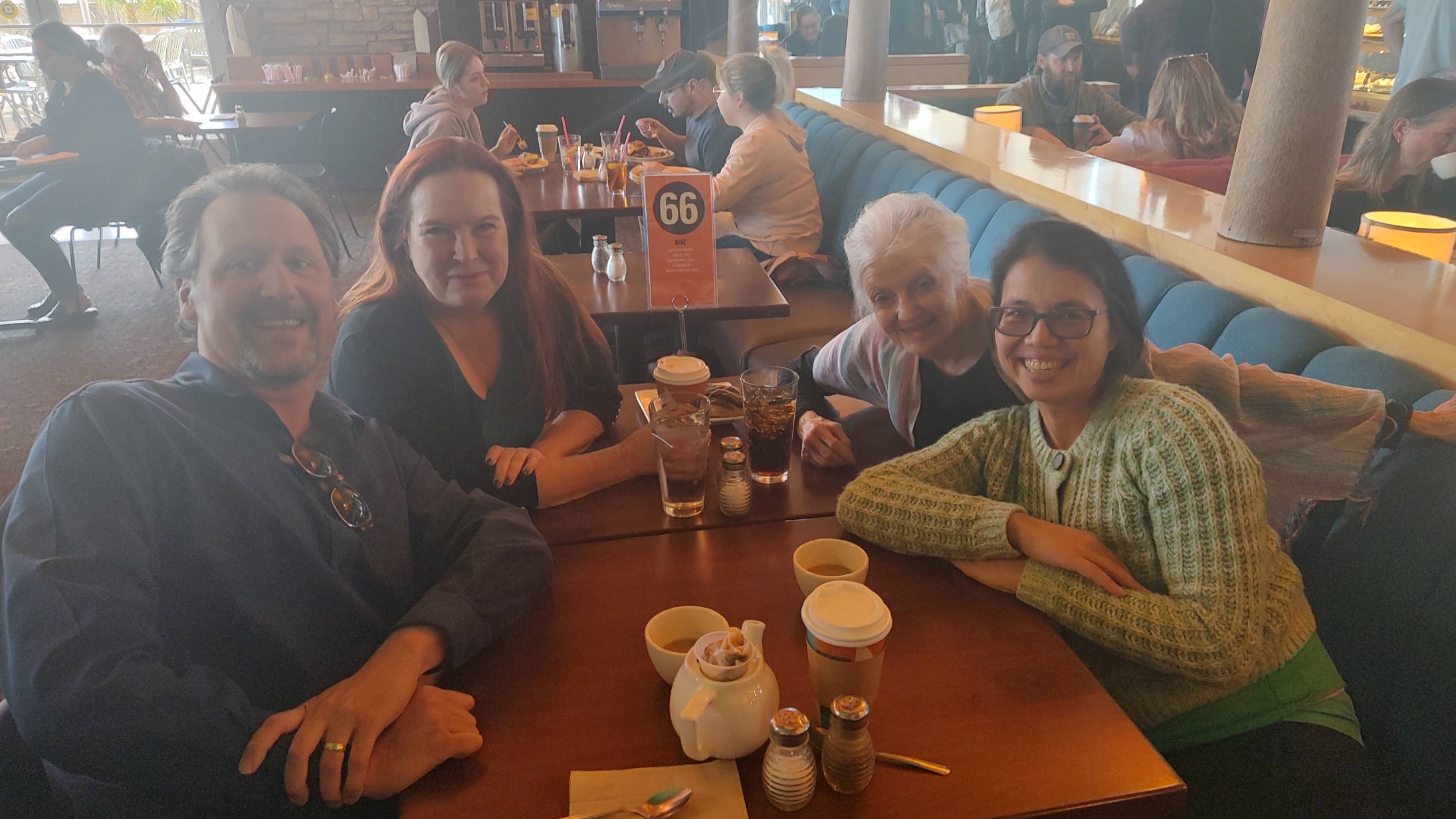
Shaking my cane today at the concept of being “yanked out of a book” by something or other and in particular by what someone thinks is “not fantasy language.” Spoiler: there is no such thing as fantasy language and I’ll tell you why.

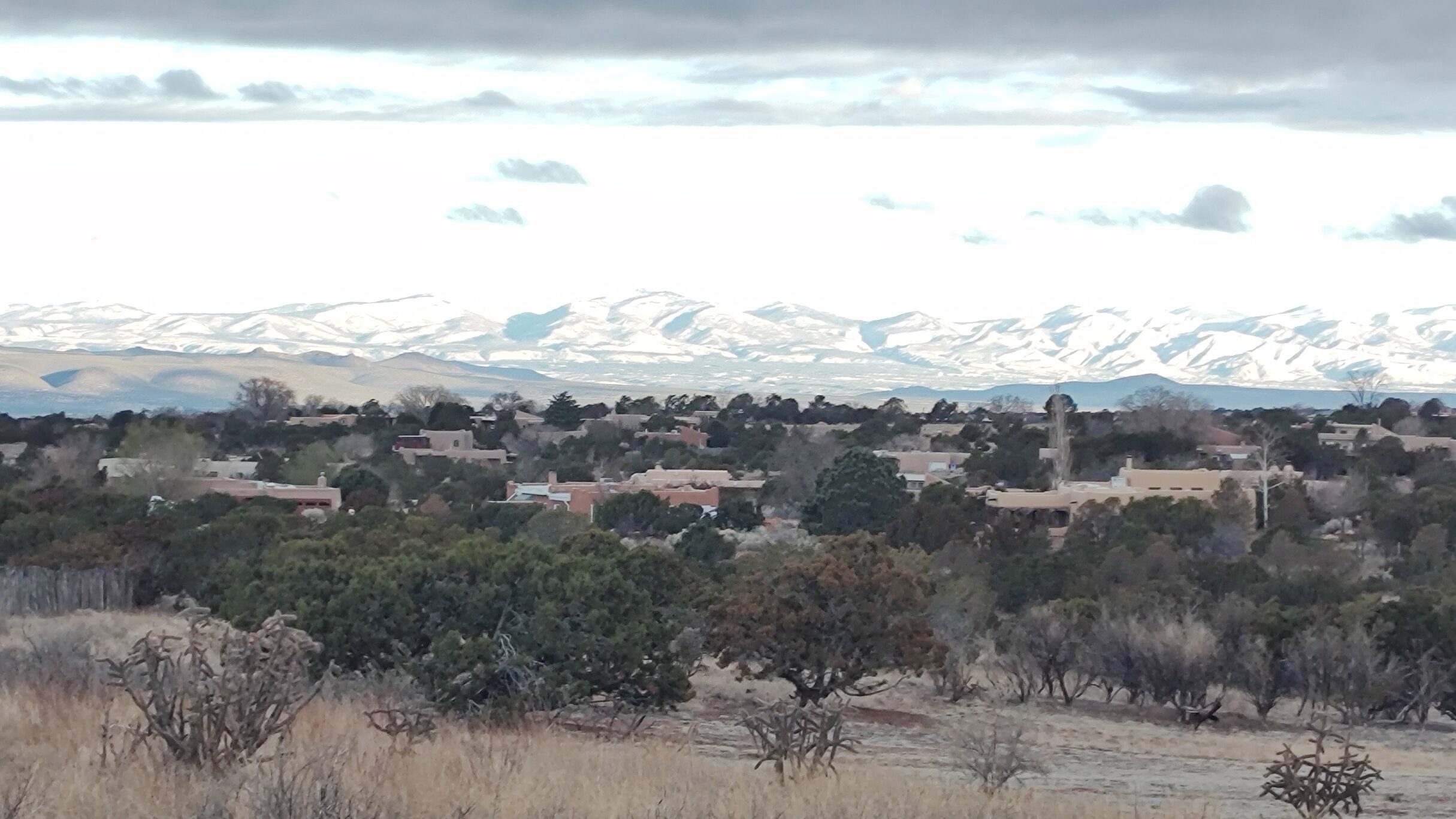

This week at the SFF Seven, we’re talking about the top tricks in our given writing programs.
I don’t use a fancy “writing program.” I use Word, which I begrudgingly moved to when WordPerfect was murdered. It works great for me. No bells and whistles. I write linearly from beginning to end and don’t need extra functions to annotate or move scenes around. Cut and paste works great for this simple gal. I do modify Word to show me the ongoing word count in the lower left corner, but otherwise, I don’t have a lot of tricks.
EXCEPT…
This is my top #protip for using Word. It’s been the best discovery ever and has saved me loads of time and headaches. Ready?
Use the in-program dictionary to autocorrect your weird fantasy words.
Seriously, smartest thing I ever did.
For example, in my Twelve Kingdoms world, there is the sailing ship named the Hákyrling. I can never remember how I spelled it (major fantasy-writer peril), nor where I put the stupid accent mark. (WHY DID I USE AN ACCENT MARK??? It’s not necessary. It just makes everything more difficult. Anyway…) So, I added Hákyrling to the dictionary – which is easy, right click on the word and choose “Add to Dictionary” – and then I went into the autocorrect options and added that if I type “kyr” Word autocorrects it to Hákyrling. With italicized formatting. Boom. Done. That easy.
I have done this for many of my more complex/obscure fantasy names and words. The trick is to pick a shortcut that 1) you can easily remember, and 2) you don’t otherwise type.
Go forth and use this trick, young fantasy writers!
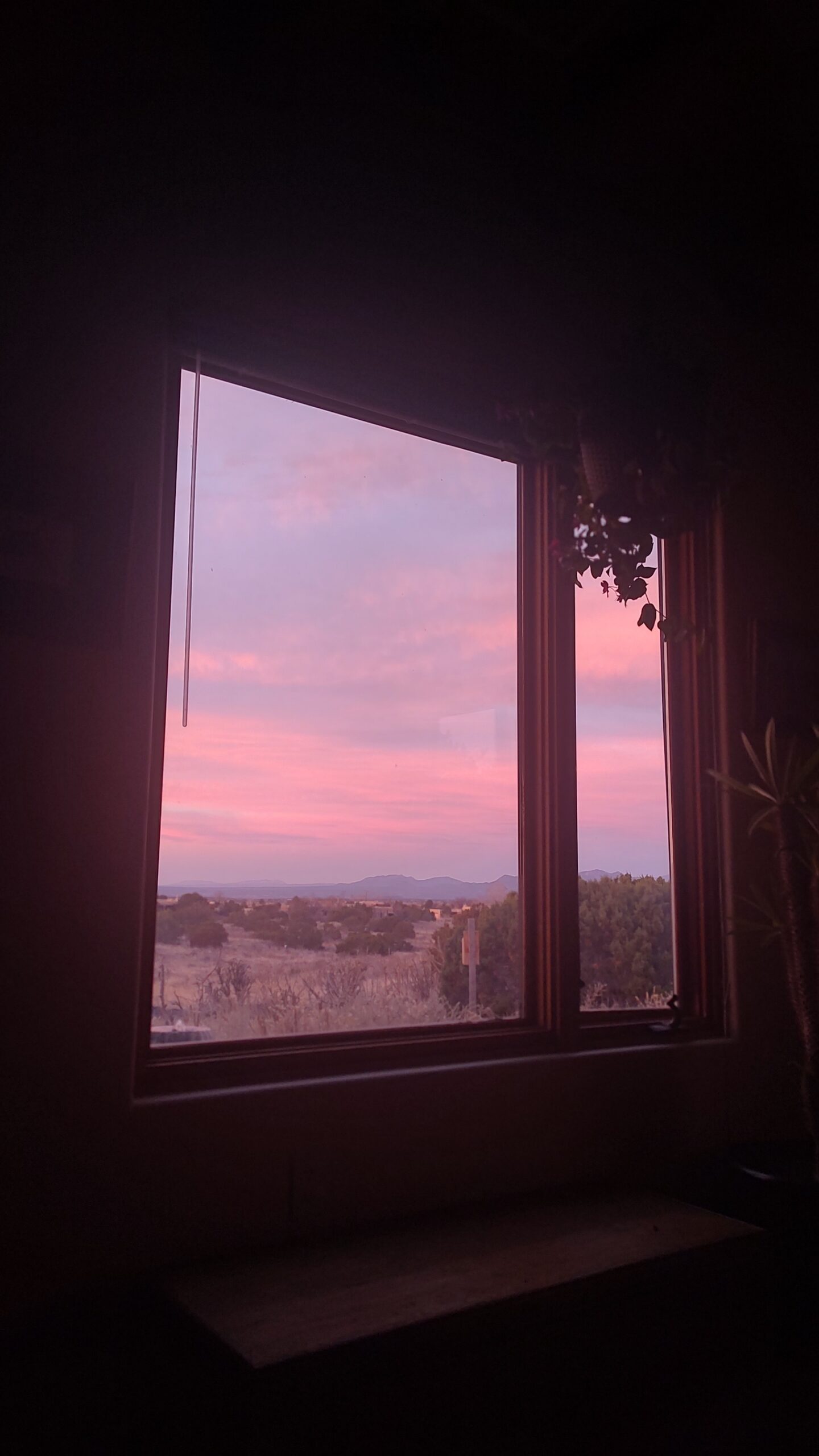
Advice on how to understand and become a part of the writing and publishing ecosystem, including how to know who’s giving good advice and a bit on understanding traditional publishing and the associated math.

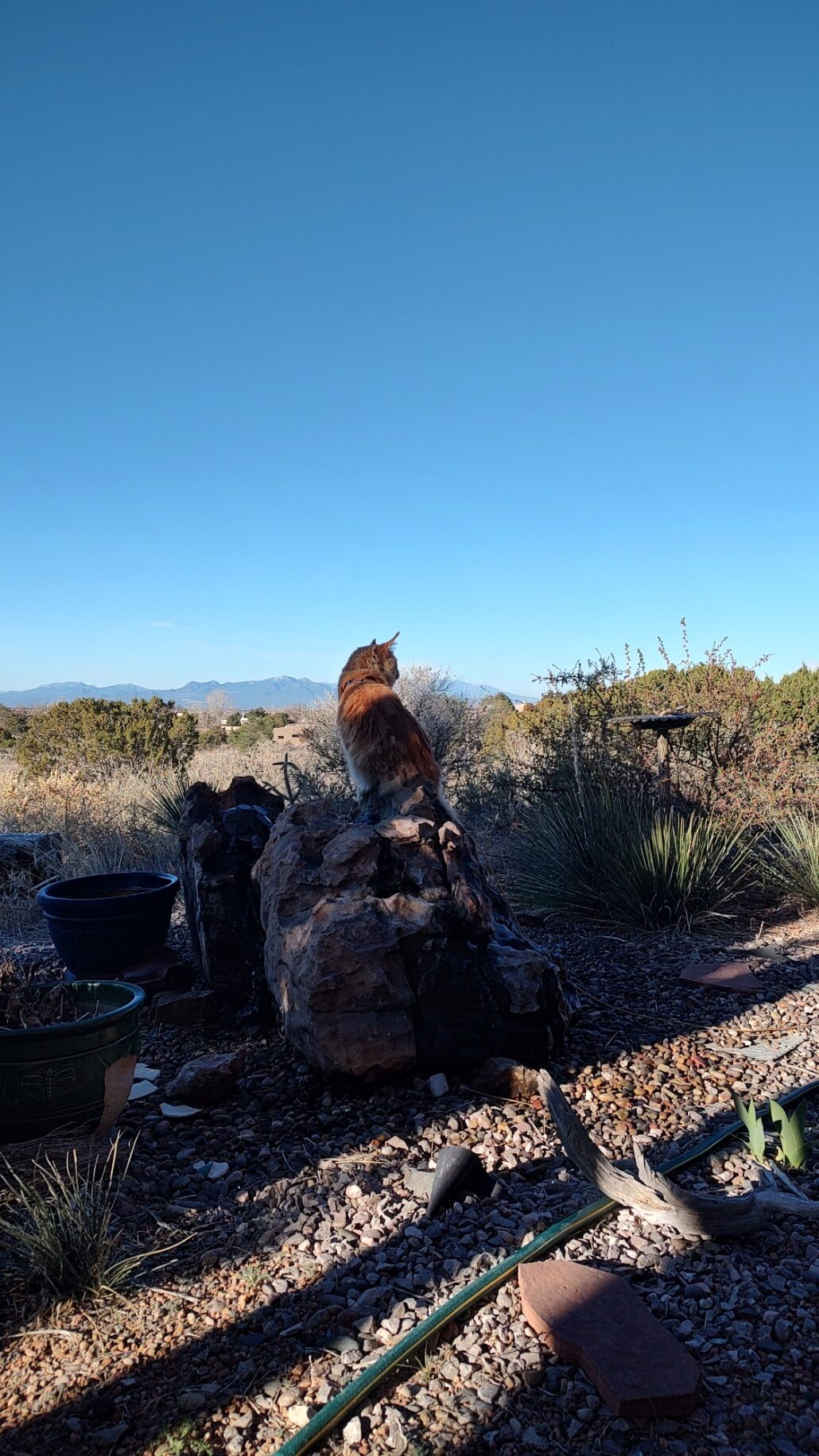
April Fool’s Day and the cruelest prank I ever witnessed, my favorite reader compliment to get, and how author ROI varies depending on short or long term. Also, Clifton Strengths, Becca Syme, and what I’ve learned about Connectedness.

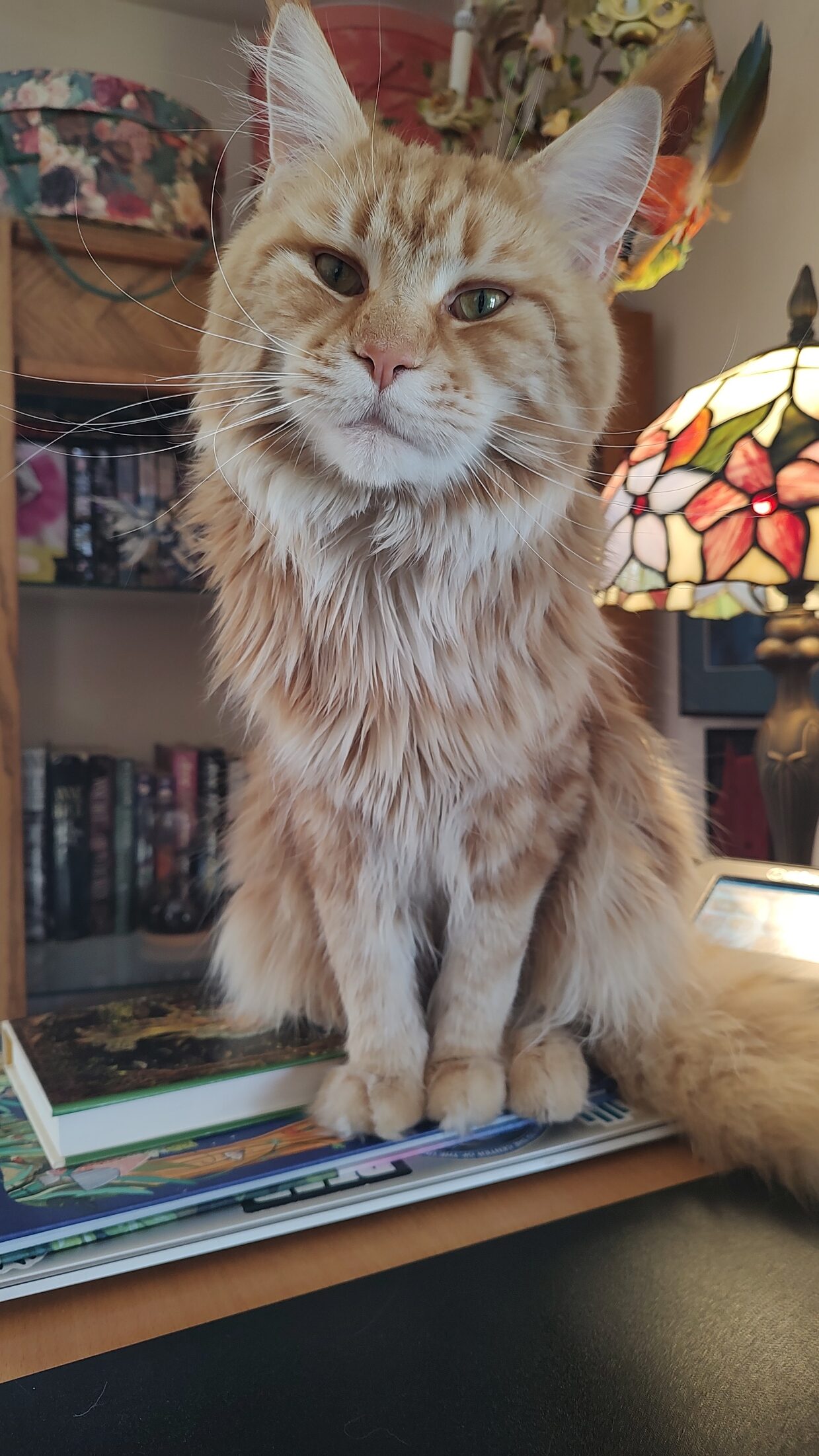

Our topic at the SFF Seven this week is our worst ROI ever. So many to choose from!
ROI is industry shorthand for Return on Investment. It’s basically a calculation for financial health of a business. I looked up the origin and found out that Donaldson Brown created the term.
As the Assistant Treasurer [of DuPont] in 1914, Brown developed a formula for monitoring business performance that combined earnings, working capital, and investments in plants and property into a single measure that he termed “return on investment.” It later became known in academic and financial circles as the DuPont Method (or Model) for Return on Investment. The measure was widely taught in business schools and adopted by many companies as a means of benchmarking the financial health of their products and businesses.
That’s interesting, because I wondered if it was an old model. Turns out it’s over a century old!
Also, the term comprises much more than I think most writers mean when they use it. When I hear writers talk about ROI, it’s always whether a particular effort – a conference, buying an ad, buying into an anthology – will be more expensive than the sales it generates. Many reduced it to the simplest math: “If I spend this much attending a con, will I earn more than that on sales of my books?” Often husbands are cited as putting forth this equation, usually as justification for wives not attending cons.
When asked for my opinion there (and sometimes even when NOT asked), I have always said that conferences of all types provide an intangible ROI. Networking and getting your books in front of people give long-term results that aren’t always quantifiable. Since I was doing a bit of research, I looked up if anyone thinks the DuPont Model for ROI is antiquated. Turns out there’s this:
We demonstrate that firms ‘assets are becoming increasing more intangible, and the traditional DuPont Analysis omits this crucial piece of a firm’s ability to generate profit.
Those folks are talking market equity, but it occurs to me that many authors looking at simple math and short-term sales are failing to account for the intangible value of building recognition for their work over the long term.
But I digress.
The topic today asks about my personal worst return on investment. Since I don’t really do the calculations – see above – I don’t know a precise metric. I can, however, share an investment regret. When my very first book came out, the essay collection Wyoming Trucks, True Love, and the Weather Channel, a friend of mine, Chuck, told me one of HIS great regrets was not buying a case of his first book. The first edition was worth a great deal and he was sorry not to have done that. So, I bought a case of my books!
Reader: I still have most of them.
See, my first book didn’t sell tons of copies and I have not become an NYT bestseller with a TV miniseries based on my books, unlike Chuck. He meant well, and I adore him for thinking that I would have the same trajectory, but I’m not C.J. Box, alas!
I suppose the key takeaway here is that there is no one size fits all advice.
Also, that the ROI on cats is always solid.
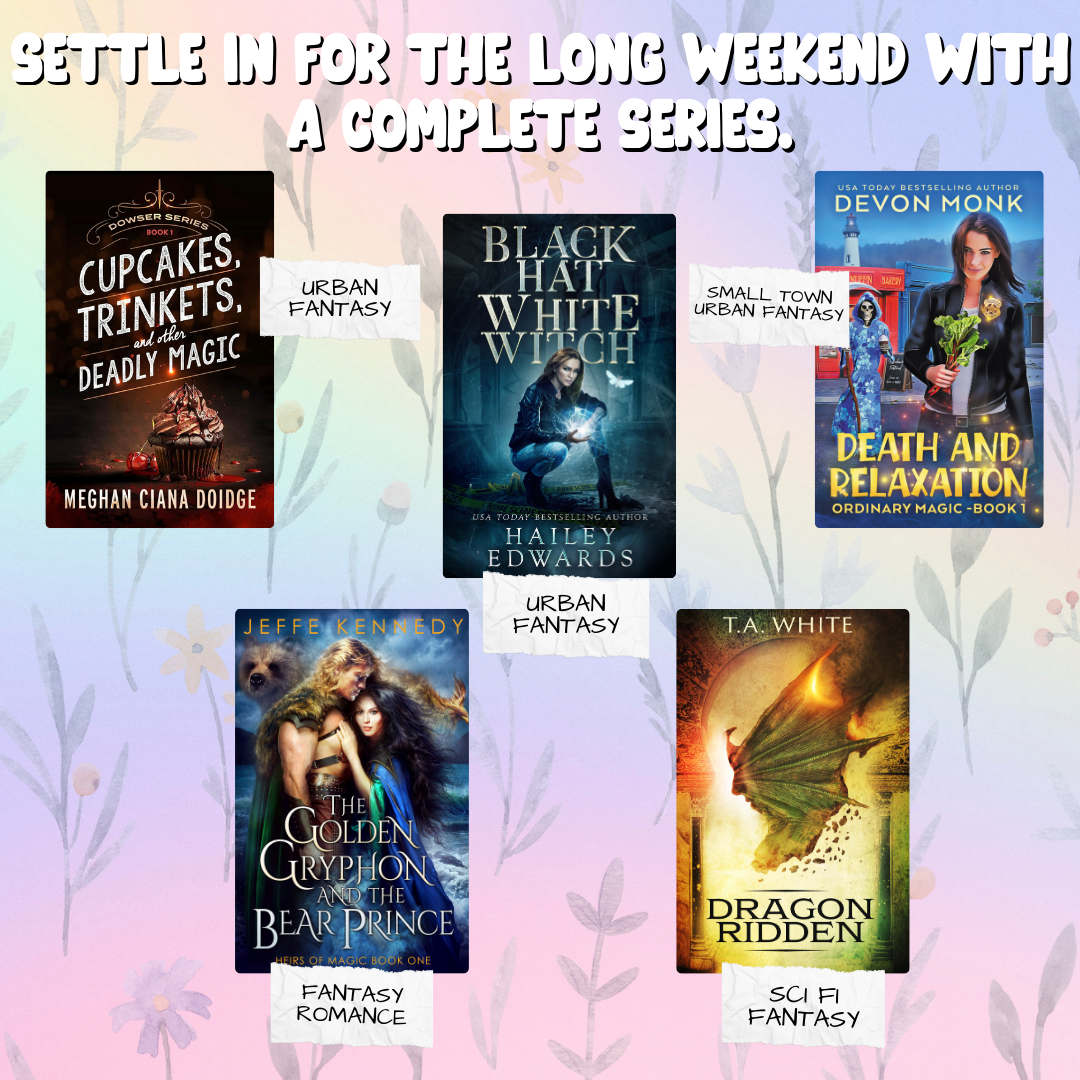
I’m following up on the Thread I posted this week on the supposed “divide” between traditionally and self-published authors, how we’re all in this business together, and why I think everyone will be hybrid eventually.
